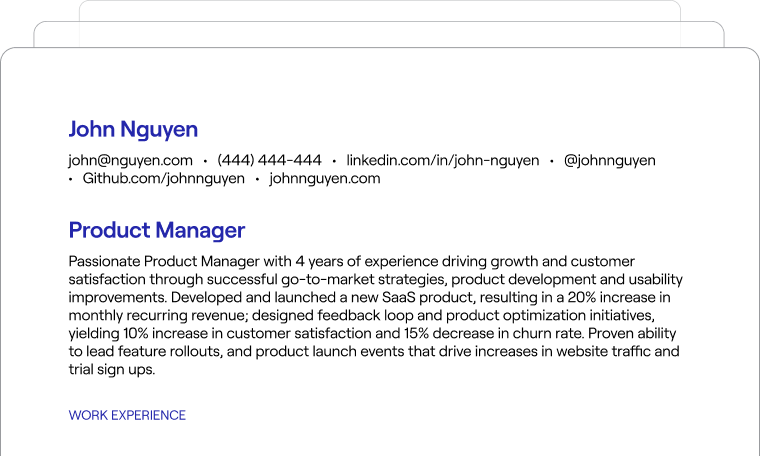Sr. Software Engineer - Cryptographic Systems Architect
MIT Lincoln Laboratory•Lexington, MA
478d
This job is no longer available
There are still lots of open positions. Let's find the one that's right for you.
About The Position
The Sr. Software Engineer - Cryptographic Systems Architect position at MIT Lincoln Laboratory involves designing, prototyping, and reasoning about cryptographic applications using memory-safe Rust. The role focuses on advancing secure-by-design software development practices, particularly for next-generation cryptographic systems, contributing to national security through impactful technology development and transitioning these technologies into industry applications.
